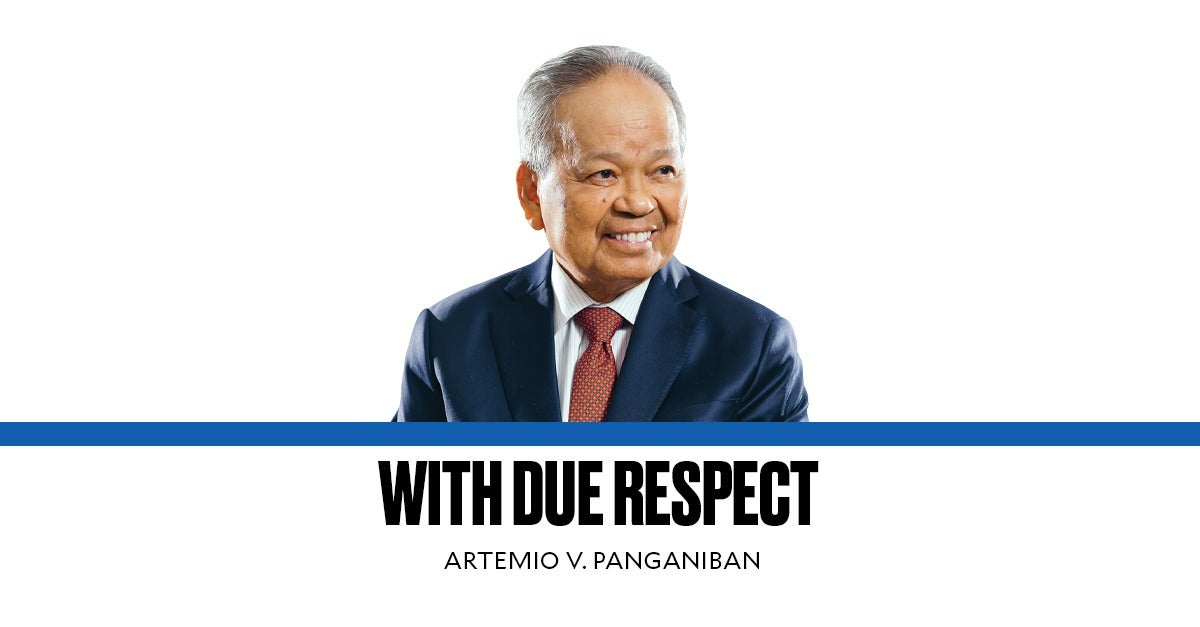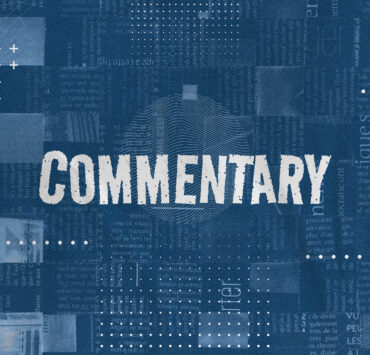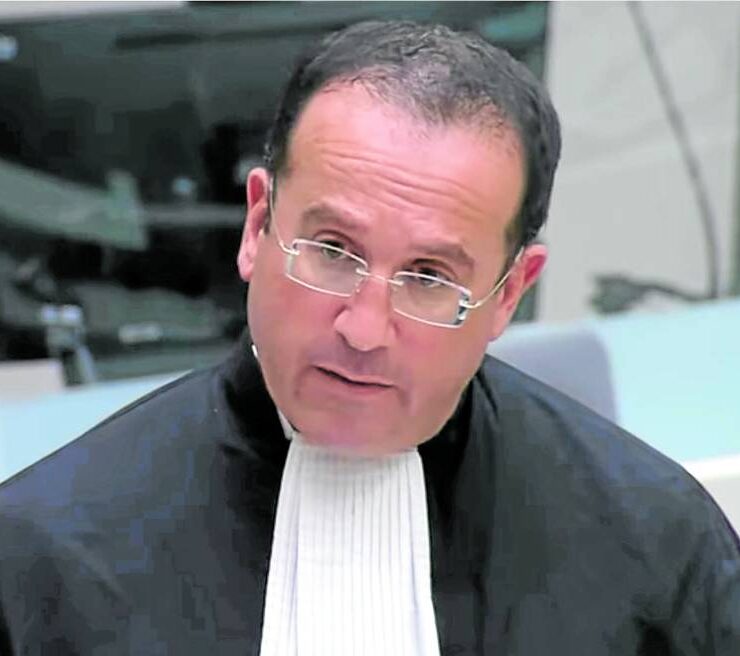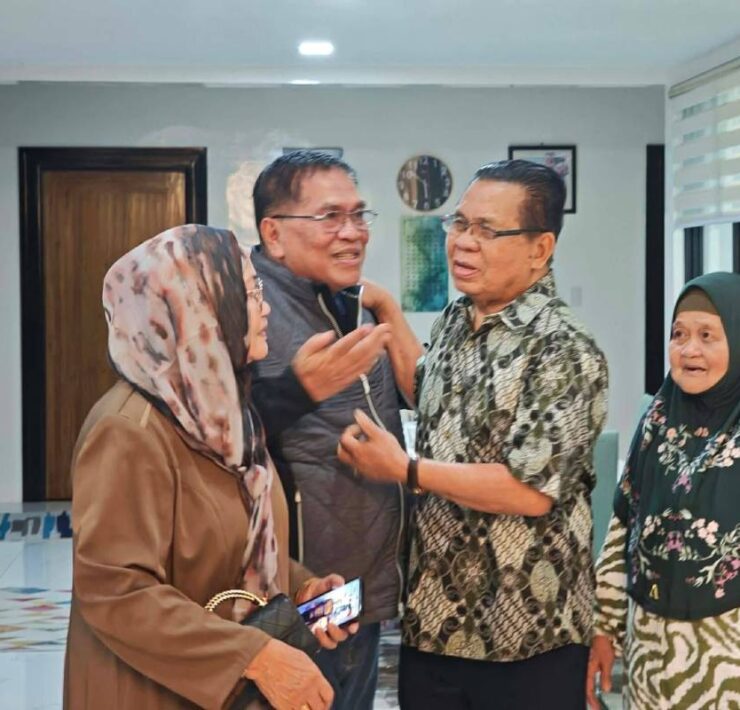Would you like to dance the Cha-cha again?

To vent his frustration over the Senate’s 19-4-1 vote that “archived” the articles of impeachment filed by the House of Representatives, Sen. Tito Sotto is reviving the long-archived proposal to revise and/or amend the Constitution, more popularly referred to as Cha-cha (Charter change). The former Senate president said that Cha-cha via a constituent assembly (Con-ass) was the only way “to erase the Supreme Court’s virtual rewriting of the basic law.”
SOTTO’S PROPOSAL WAS FOLLOWED UP last Monday by a privilege speech in the House by Deputy Speaker Ronaldo Puno, who, however, wanted a revision of the basic law via a constitutional convention or Con-con and not via a Con-ass. One example needing amendment, he observed, is the word “forthwith” to describe the duty of the Senate upon receiving the articles of impeachment from the House. This single allegedly “ambiguous word can become the justification for legislative inaction, procedural manipulation, or worse, the loss of accountability itself.”
Trite as it may have become due to the numerous times it has failed to secure popular support, Cha-cha has gained momentum this time because President Marcos said he would “not oppose calls to amend the 1987 Constitution through a constitutional convention so long as it would help improve and prevent loopholes in … the Charter.” Though the President has no express constitutional power to intervene in Cha-cha, no transformational political steps can be danced, not even political music played, without the presidential baton. That simply is the reality.
ANY AMENDMENT OR REVISION OF THE CONSTITUTION, as readers now know, may be proposed by: “(1) Congress, upon a vote of three-fourths of all its Members.” (This mode of Cha-cha is commonly called Con-ass), or (2) “A constitutional convention” or Con-con. Simple amendments like the change or addition of words that do not affect, expressly or impliedly, the other provisions “may likewise be directly proposed by the people through initiative upon a petition of at least 12 per centum of the total number of registered voters of which every legislative district must be represented by at least three per centum of the registered voters therein.” This third mode of Cha-cha is popularly known as “People’s Initiative.” Two serious attempts to amend the Constitution via this mode have been nullified by the Supreme Court for various reasons that I do not have the space to detail now.
On the other hand, the attempts to revise the Charter via the first and second modes have been stymied in Congress on how to interpret the words “three-fourths of all its Members.” The House construes these words “jointly” by adding the 24 senators to the 317 representatives for a total of 341 legislators from which three-fourths shall be extracted, or 255.75 rounded to 256 legislators.
However, the Senate wants “separate” voting, that is, three-fourths of all the senators (or 18) and three-fourths of the 317 representatives (or 237.75 rounded to 238). Will the President’s “no objection” to Cha-cha finally enable both houses of Congress to solve this procedural impasse?
LOOKING AT THE PROBLEM AGAIN, it would be pertinent to ask: Is Cha-cha the best way to solve the archiving of the articles of impeachment that, in the first place, restarted the Cha-cha talk? Is it not more prudent to await the ruling of the Supreme Court on the motion for reconsideration filed by the House (and other petitioners) through its counsel, the Office of the Solicitor General? After all, the Court may just surprise its critics by its ruling on the MR. I do not know what exactly it would be, but I am confident that the Court and its incumbent justices are sensitive to the objections and will rise to the challenges and promulgate a wise and learned judgment.
Moreover, there are serious consequences that may result in a rebound or revenge Cha-cha, whether via Con-ass or Con-con. The first is the temptation to change the present presidential system to the parliamentary system on the simple ground that in the latter system, there is no separation, no equality of powers. Parliament is supreme and ranks higher than the Supreme Court and the judiciary.
The second is the deletion or mangling of the duty of the judiciary, not just of the Supreme Court, to strike down grave abuse of discretion amounting to lack or excess of jurisdiction on the part of any branch or instrumentality of the government.
Perhaps an in-depth study by a capable and nonpartisan group, like the University of the Philippines Law Center, could be commissioned to study how the courts have exercised it, remembering that this duty was imposed in the 1987 Constitution to stop presidential excesses of past regimes.
All told, let us not overreact to the alleged overreach of the Supreme Court’s decision declaring unconstitutional the articles of impeachment filed against Vice President Sara Duterte by resorting to extreme remedies when simple and doable solutions are within easier reach. When faced with a crisis or risky encounter, let us not panic; let us not rebel. Rather, let us pause, think, reflect, and act with simplicity and wisdom.





















A mindset for public service